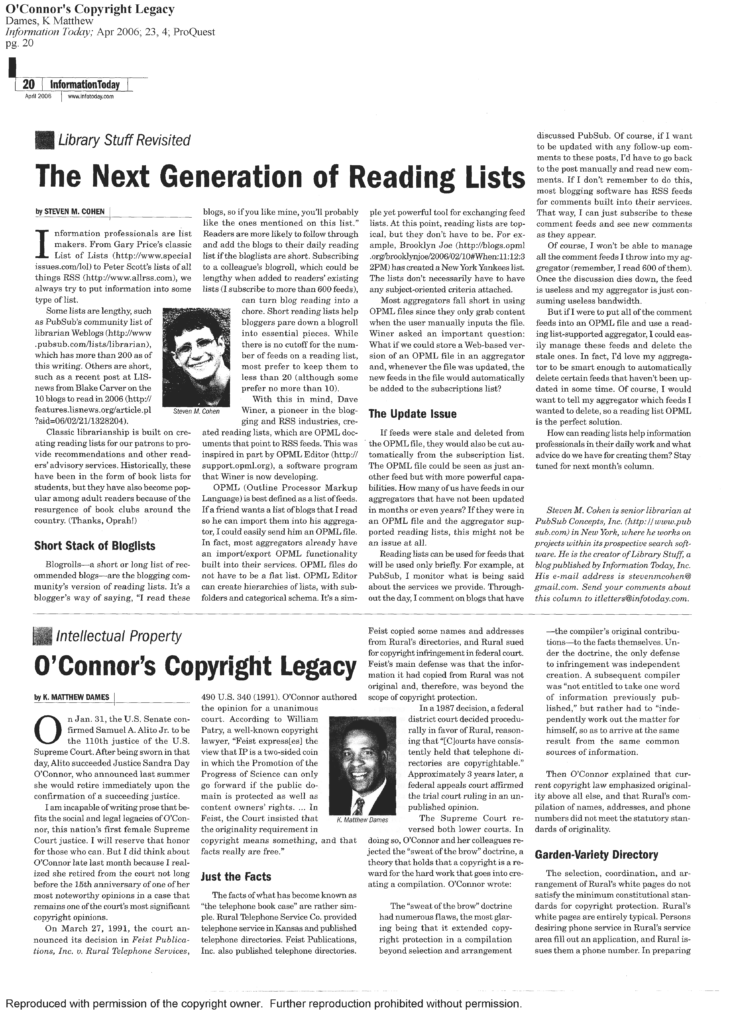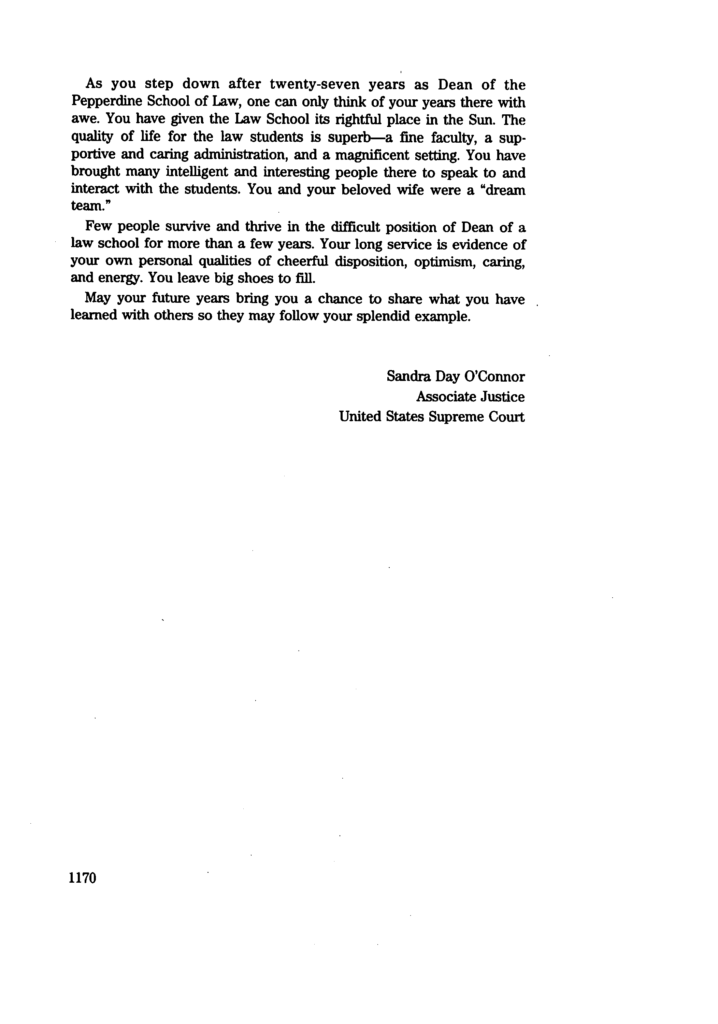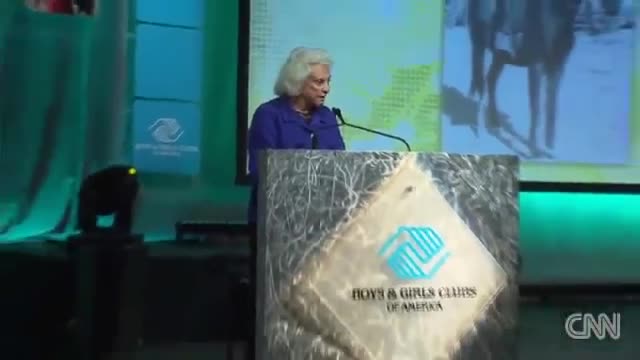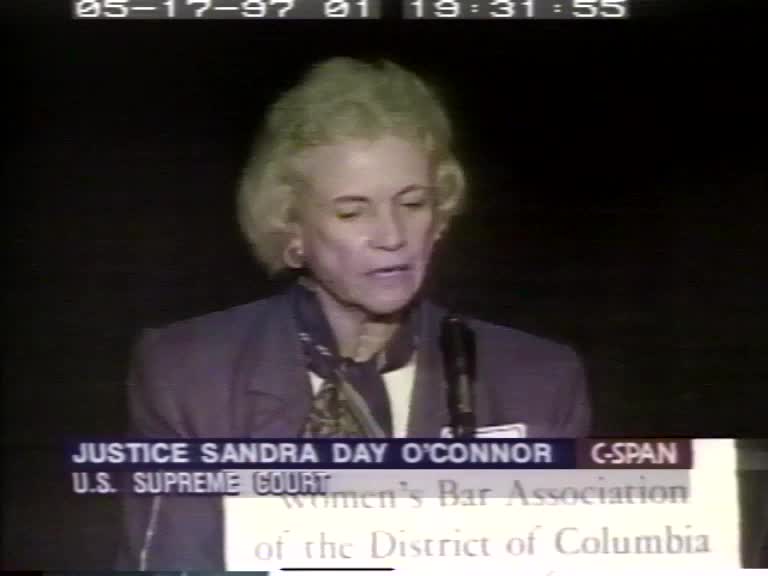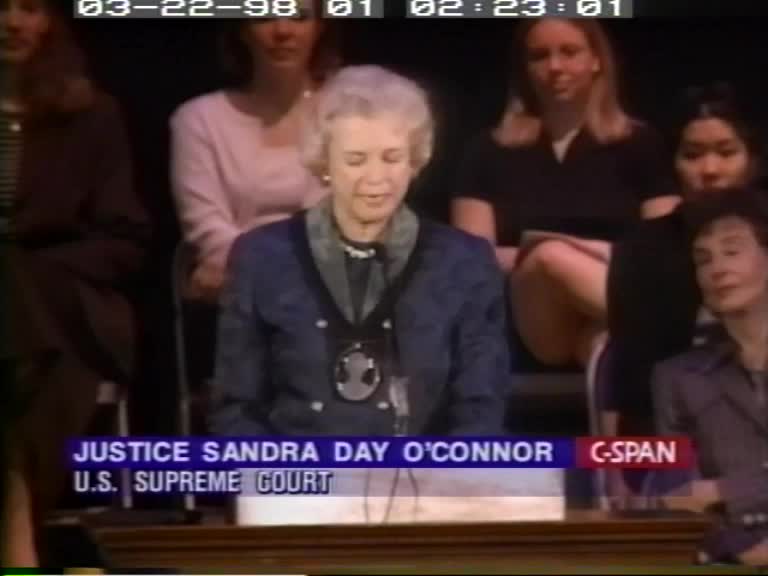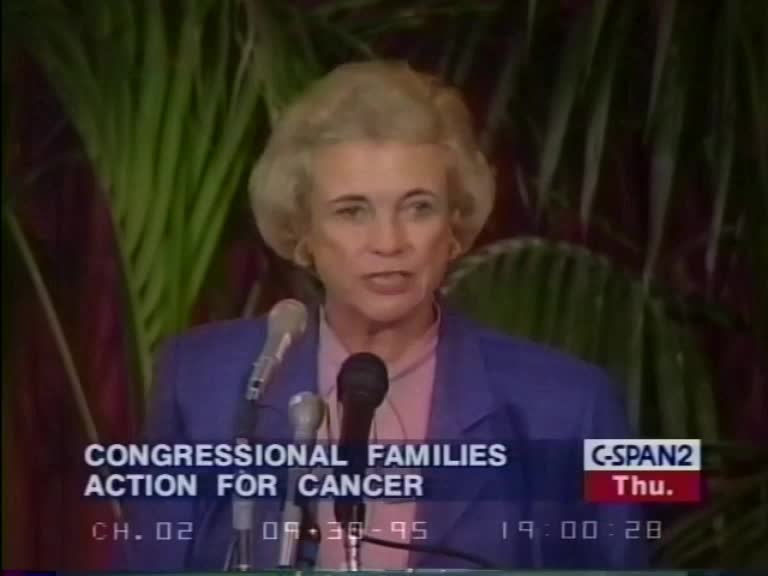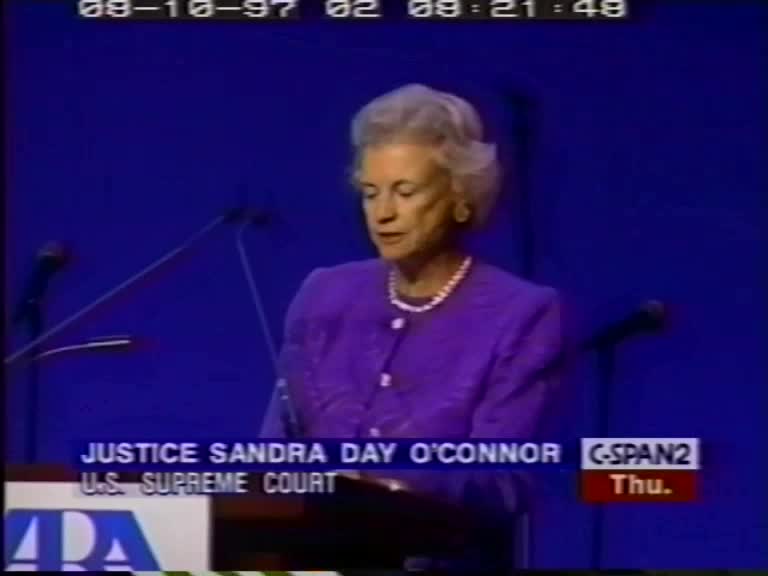Broadening Our Horizons: Why American Lawyers Must Learn About Foreign Law
Feature
Worldwide Common Law Judiciary Conference
BROADENING OUR HORIZONS: WHY AMERICAN LAWYERS MUST LEARN ABOUT FOREIGN LAW
A Commentary
We live in a world that is constantly shrinking. Cellular phones, fax machines, beepers, e-mail … all of these new forms of communication have made it much easier for us to talk to each other, no matter where we are in the world. We need, however, more than technology to communicate with people from other nations. We need language skills; we need deeper understanding of foreign cultures; we need to know how to survive in an increasingly multinational environment. Many of our schools recognize this need, and many parents are taking great interest in language training. High schools now offer more than French and Spanish. They are adding Japanese and Russian, as well. American businesses have been in the forefront of this move towards what newspapers constantly herald as the “globalization” of trade. There are McDonald’s restaurants in Moscow, and Kentucky Fried Chicken franchises in Beijing.
American judges and lawyers, however, sometimes seem a bit more insular. We tend to forget that there are other legal systems in the world, many of which are just as developed as our own. This short-sightedness begins early in our careers. We learn in law school to look first at the decisions of our own state courts. If we appear in federal court, unless the Supreme Court has spoken to an issue, we look to the law of our local circuit and, perhaps, district.

